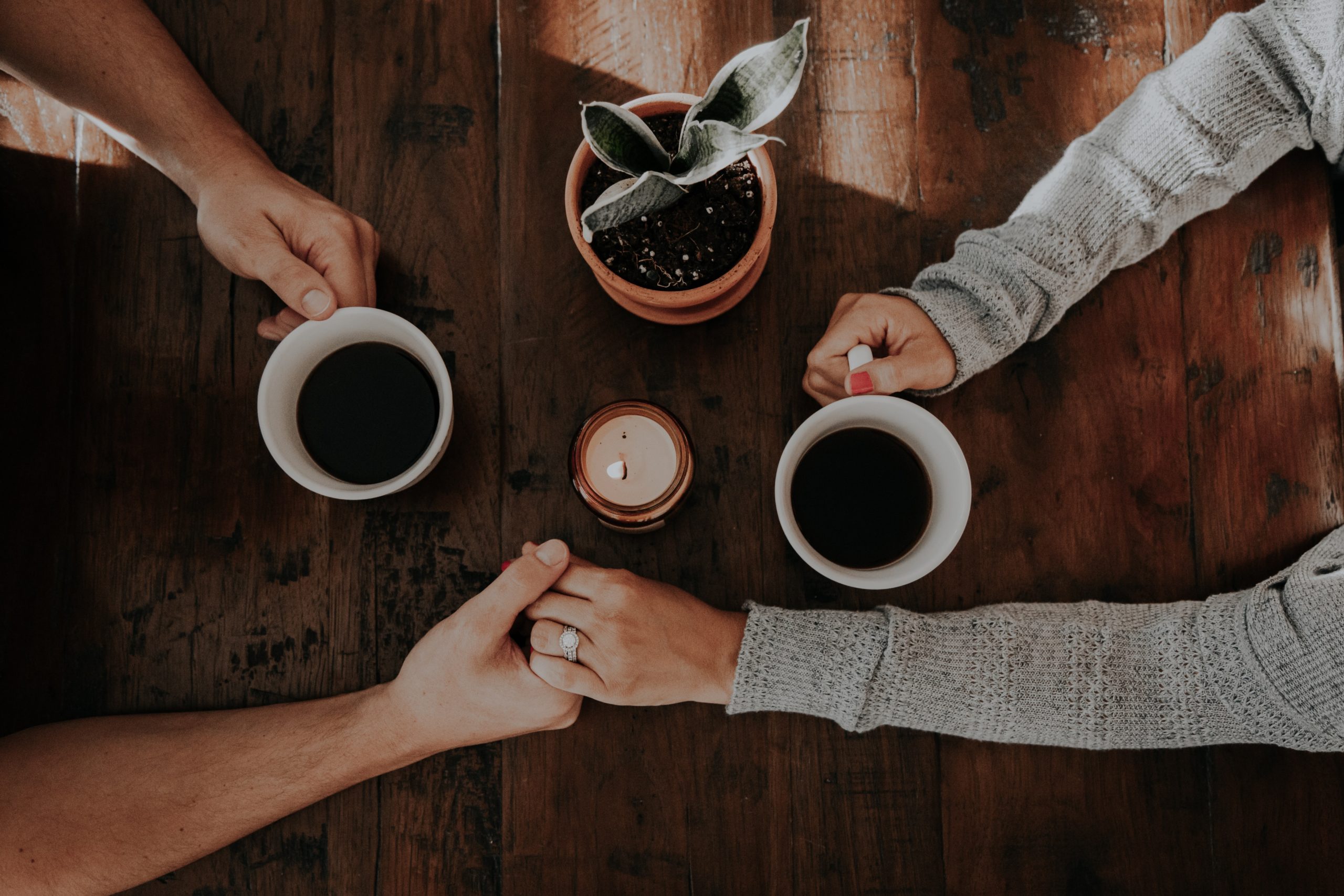For a culture obsessed with relationships, there’s still so much we’re not taught about them. We read clickbait articles about finding “true love.” Celebrity romances are headline news. In fact, so much of what we consume is centered around people meeting and trying to meet, only to perpetually break up and make up. Where is the foundational information about healthy connection? How do we know the difference between a healthy and an unhealthy bond, between codependency and interdependency?
In all likelihood, we’re not going to learn much about codependency and interdependency from a romantic comedy.
What is Codependency?
Codependency, identified as a relationship behavior, is relatively recent. However, it’s been around as long as there have been human relationships. It is a learned behavior, often passed down within a family. It is sometimes referred to as “relationship addiction.” Codependency is both situational and/or episodic. Not truly a diagnosis, codependency is generally categorized as a relationship dynamic.
Codependent characteristics include:
- Perfectionism and over-controlling
- Fear of being alone
- A driving desire to be accepted and included
- Lack of trust
- Low self-esteem
- Denial
A relationship is codependent when one person derives self-worth from extreme self-sacrifice for their partner. Words like “clingy” and “needy” come to mind. Each partner derives their fulfillment from the love and attention of the other. In the type of culture described above, this unhealthy behavior can be mistakingly viewed as deep care, love, and devotion.
What is Interdependency?
Interdependency is a paradox: two independent people work together as one couple. It’s normal — especially early in a relationship — to feel completely intertwined. This is a heady time. You may feel as if all you need is each other. Being separate feels foreign and wrong.
At this point, some relationship work is key. You can maintain closeness and intimacy without surrendering autonomy. It’s okay to depend on each other and need each other without exhibiting codependency. At the same time, you want to effectively depend on and allow time for yourself.
An interdependent couple is healthy and egalitarian. The following characteristics are relatively common:
- Share power
- Don’t try to control each other
- Have self-esteem beyond the bounds of their connection
- Honor and respect each other’s independence
- Honor and respect each other’s goals, interests, wants, and desires
- Don’t see time spent apart as a threat
All of that (and more) exists parallel, intertwined perhaps, with a commitment to each other as partners.
The Difference Between Codependency and Interdependency
By now, some of the differences should be apparent. To simplify things even further, codependency is an unhealthy attachment that blocks growth and development between the partners. Interdependency is healthy. It naturally inspires the bond to evolve. Interdependent couples dedicate more time to checking in, communicating, and talking through concerns. Left unaddressed, such issues have the power to slowly move couples into codependence. Therefore, awareness and self-awareness are two major components of interdependency.
But, of course, relationships contain plenty of nuance and gray areas. It’s not always easy to tell the difference between deep, committed love and a subconscious desire to control. That’s why so many couples commit to counseling together.
Consult a Professional
As things stand, it is not realistic to expect ourselves to have a firm understanding of the above concepts. Infatuation and love can blind a person from noticing the differences between codependency and interdependency. The best we can do, in most cases, is:
- Recognize that dysfunction exists
- Honestly identify the behavior patterns within your relationships
- Educate yourself
- Seek guidance from a trained professional
It is a giant first step to accept your need for change. Take pride in this realization. But also, you must enhance it by getting the kind of help a therapist can provide. Relationships are hard for everyone. Thus, it only makes sense that each of us will need some support from time to time. Please reach out for a consultation, I am here for you.






